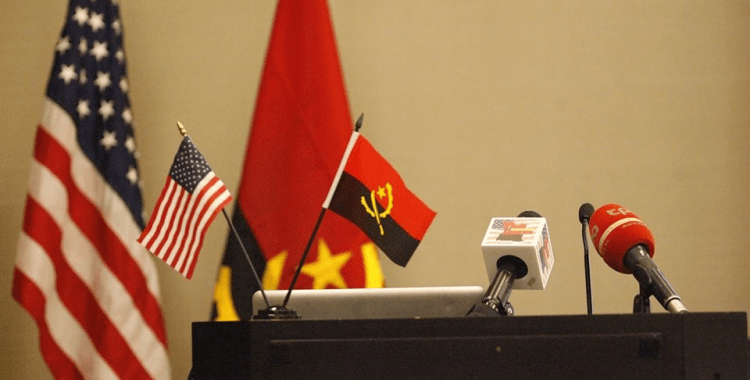The resolution, sponsored by US Senators Bob Menendez, chairman of the Senate Foreign Relations Committee, Ben Cardin and Chris Van Hollen, chairman of the Senate Subcommittee on Africa and Global Health Policy, all elected by the Democratic Party, was entered in the Senate on August 3.
In the open letter addressed to the Congress of the United States of America (Senate and House of Representatives), the signatories – eight organizations and 131 individually – acknowledge the "broad and enthusiastic support in Angola" for that resolution, which the Government of Angola "holding free, fair and peaceful elections on 24 August 2022".
"The approval of this resolution will help to promote conditions for fair competition between all political parties during the election campaign and to prevent electoral fraud, subversion, violence and intimidation. Ultimately, the resolution's objective is to guarantee a peaceful pre and post-election period as a valid symbol of democratic principles", highlight the signatories, including activist Luaty Beirão.
The signatories warn of the need for the vote to be accompanied by "a sufficient number of credible local and international observers", otherwise it will be "almost impossible to observe the electoral process" and run the risk of the vote "having similar results to all others carried out in Angola under the strict control of the current ruling party [MPLA] due to its illicit advantages".
The Senate's approval of the resolution by the three Democratic senators "brings hope and encouragement to Angolan voters and all democratic countries in the world to use their right to vote."
"An election in which votes are accurately counted will prevent the political and social tensions plaguing the country and limit political corruption that interferes with the hope of a democratic process," the signatories add.
More than 14 million Angolans, including those residing abroad, are eligible to vote on 24 August, in what will be the fifth election in Angola's history.
The 220 members of the National Assembly are elected by two methods: 130 members are proportionally elected by the so-called national constituency, and the remaining 90 seats are reserved for each of the country's 18 provinces, using the d'Hondt method, in which each one elects five parliamentarians.
Since the 2010 Constitution came into force, presidential elections have not been held, with the President and Vice-President of Angola being the first two names on the list of the most voted party in the national circle.
In the previous election, in 2017, the Popular Movement for the Liberation of Angola (MPLA) won the majority with 61.07 percent of the votes and elected 150 deputies, and the National Union for the Total Independence of Angola (UNITA) won 26, 67 percent and 51 deputies.
This was followed by the Broad Convergence for the Salvation of Angola – Electoral Coalition (CASA-CE), with 9.44 percent and 16 deputies, the Social Renewal Party (PRS), with 1.35 percent and two deputies, and the National Front for the Liberation of Angola (FNLA), with 0.93 percent and one deputy.
The National Patriotic Alliance (APN) reached 0.51 percent, but did not elect any deputy.
In addition to these political formations, in the election on 24 August are also the Humanist Party (PH) and the Nationalist Justice Party in Angola (P-Njango).







